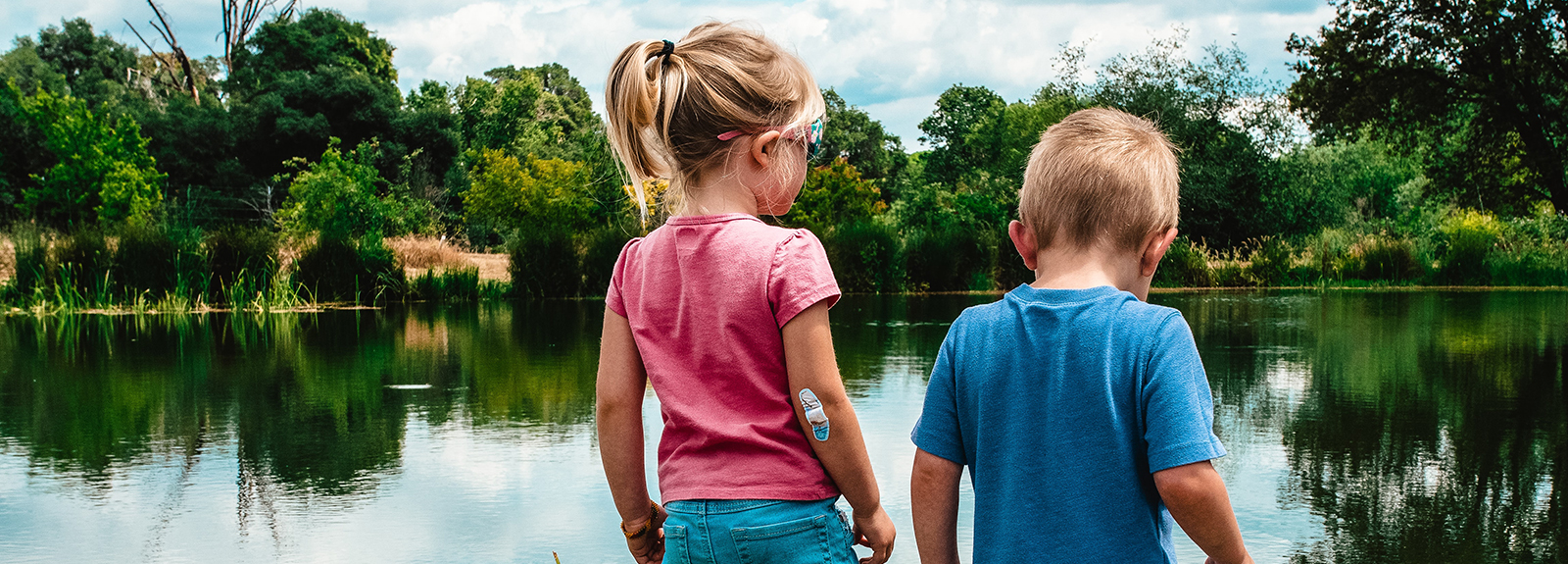- Can Animals Catch and Spread Coronavirus?
- Queen's University launches Covid-19 Research Roundtable video series
- Queen’s rising to the COVID-19 challenge: The importance of simulation in healthcare
- How much of the coronavirus does it take to make you sick? The science, explained by Dr Connor Bamford
- TEDxQueensUniversityBelfast: Adapt and Change
- Prepare to sleep and sleep to be prepared.
- Supporting Children in Isolation
- Supporting Pets During Lockdown
- Immunology and COVID-19: Shaping a better world podcast
- Global trading: the good, the bad and the essential
- Global food supply chains in times of pandemic
- The impact of lockdown on isolation and loneliness
- Cancer Care in the Era of COVID-19
- ‘Giant’ of astronomy to host live school lessons
- How the pandemic is further alienating the disabled community
- COVID-19 and Older People: Shaping a better world podcast
- Engaging your child to learn during lockdown
- Stay well: Our expert guide to wellbeing during lockdown
- Working parents are feeling the strain of lockdown
- How is coronavirus affecting animals?
- The Coronavirus Act: Where it Falls Short
- Economic rebirth after COVID-19
- Coronavirus and the new appreciation of teachers
- ‘Make room for fun’: home-schooling for parents
- Why a collaborative research culture is needed to address the COVID-19 challenge
- COVID-19: Don’t bank on a rapid economic recovery
- Explained: the importance of behavioural responses when implementing a lockdown
- COVID-19: Curbing a loneliness epidemic
- How soap kills the COVID-19 virus
- An expert’s guide to working from home
- How to exercise safely during a pandemic
- Five tricks your mind might play on you during the COVID-19 crisis
‘Make room for fun’: home-schooling for parents
Don’t be too hard on yourself – or them - make time for fun and seek out reliable online resources. Professor Tony Gallagher from the School of Social Sciences, Education and Social Work at Queen’s shares his advice for parents during lockdown.
With the UK and Ireland on lockdown amid the developing COVID-19 global pandemic, many parents are facing the challenge of educating their children at home, at the same time as juggling full-time jobs. Adding to the chaos are conflicting messages saturating social media, with the pendulum of approaches swinging from rigid home-schooling timetables to a more relaxed approach that relies heavily on freedom and Netflix.
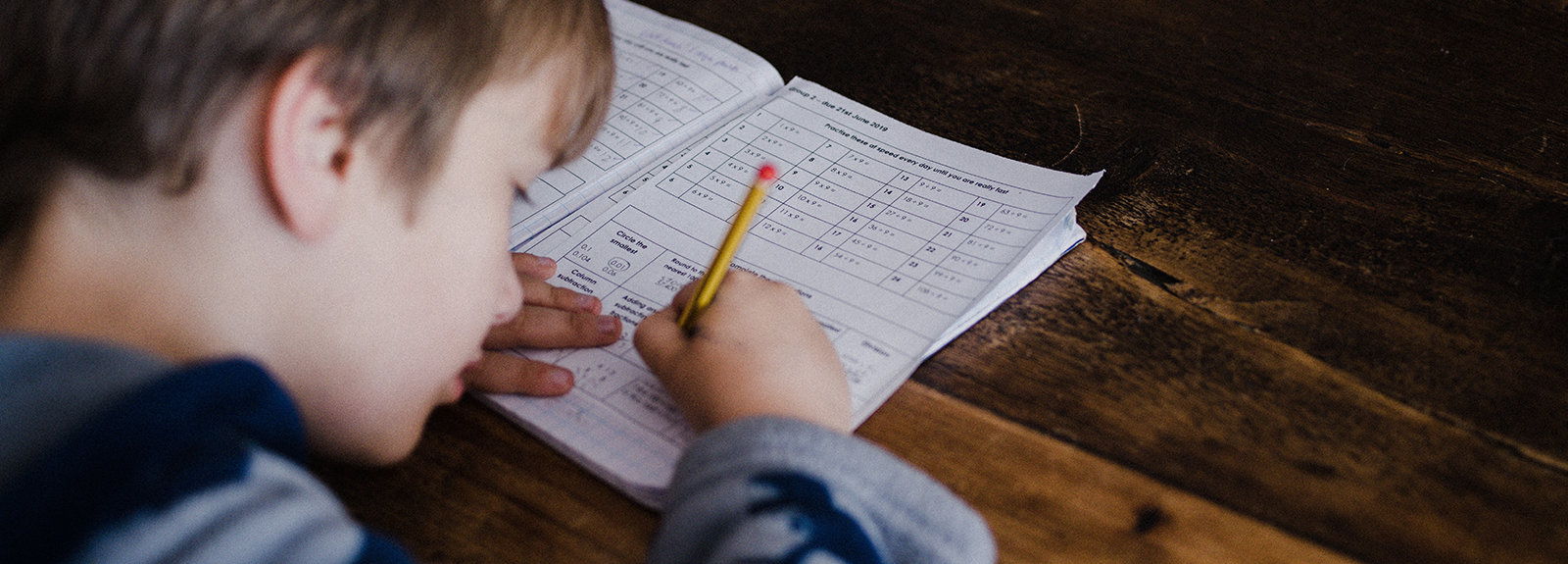
Queen’s Professor Tony Gallagher, one of the world’s leading academic experts on the role of education in divided societies, says that, while the ‘School of Mum and Dad’ cannot replicate formal education, it’s important to strike a balance between both a structured and autonomous approach.
“There is a balance to be struck,” he says. “It’s important to develop some sort of routine, so there is a bit of order and predictability to the day. However, it shouldn’t be overly prescriptive. It should be reasonably relaxed; it should be fun,” he adds. “You can’t work on a school-like timetable and you can’t just leave them to their own devices.”
While having a broad structure to the day is important, it would be impossible to recreate the school setting at home. And, now more than ever, periods of fun and spontaneity are important, adds Professor Gallagher.
“A really important thing is to keep spirits up and to deal with the challenge of boredom, especially small kids who can get quite irritated in situations like this,” he says.
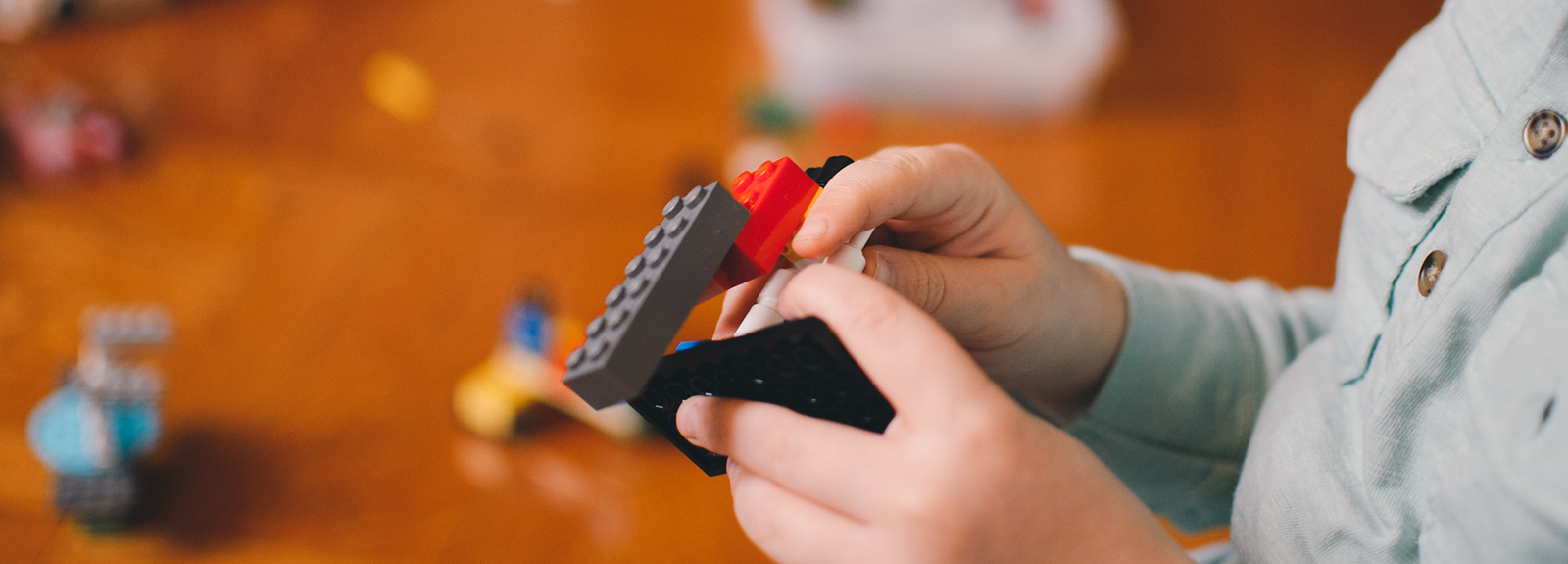
Let teachers guide you
Mere hours into lockdown, parents were taking to social media in their droves to express their awe for teachers. With tempers frayed and curriculums abandoned, the important and often under-appreciated role teachers play in our children’s lives was suddenly seen in vivid technicolour. Even with our schools closed (although they will still cater for vulnerable children and the children of frontline workers), teachers remain an invaluable resource, says Professor Gallagher.
“Schools are very helpful in this situation; teachers are very helpful. They send home information; home workbooks and are putting lots of resources online. If there is ever any concern on what the kids should be focussed on, my advice would be to trust the teachers and to take advice from them.”
Teachers can be particularly helpful when it comes to navigating the avalanche of educational resources available to parents from external sources.
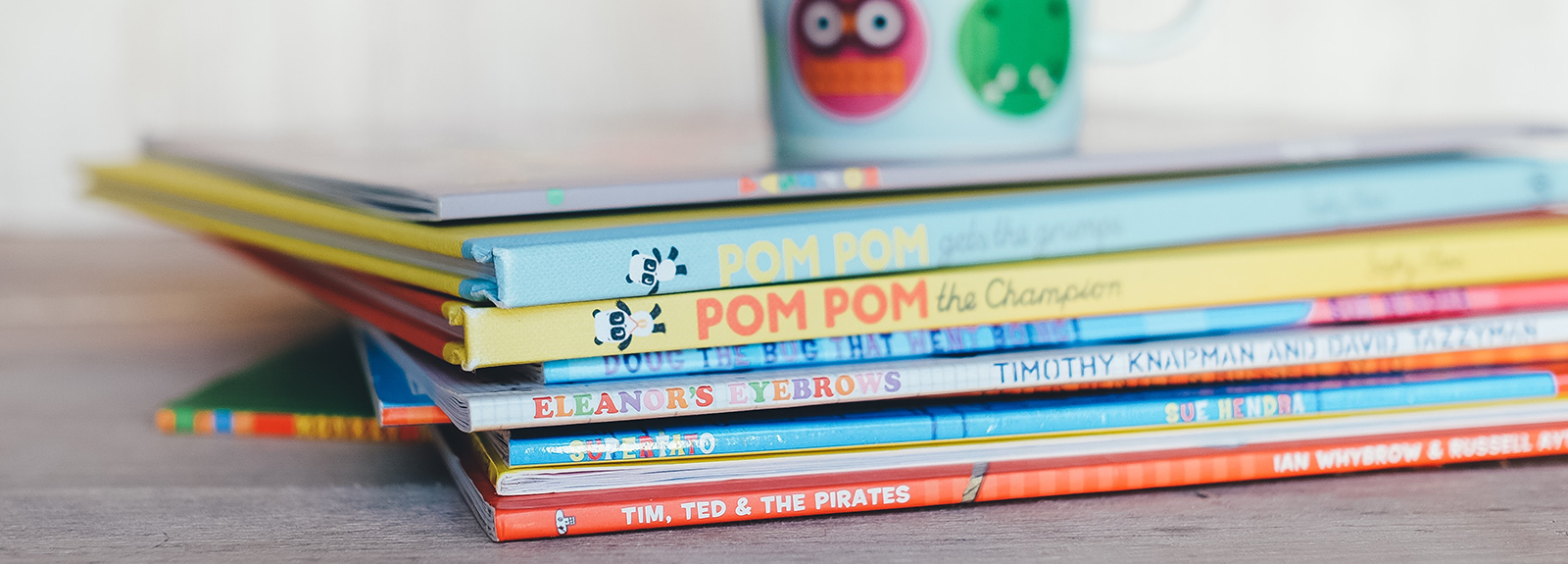
“People and organisations are being very helpful and putting lots of stuff online; commercial suppliers are putting lots of stuff online for free and that is great. However, we are getting quickly into the situation where people have access to way too much stuff. You have a problem with how you work your way through it,” he says. “Teachers can provide advice and some level of curation.”
He adds, “If you want to look for materials online, make sure it’s coming from a trusted source, like the BBC.”
Set realistic targets
While it’s a good idea to keep your children engaged in some sort of school-based activity, manage your expectations about what you can deliver: “Don’t think that you can replicate what the school can provide,” says Professor Gallagher. “These are unusual circumstances.
Schools will provide a useful stream of materials to work with and it’s a good idea to be connected with that, but don’t feel you have to put yourself in the role of the teacher and work towards normal exam-type of pressure.
“The teachers are already doing a magnificent job of offering support. Whenever the kids get back to school and things return to some degree of normality, the teachers will be doing a magnificent job again of making up for whatever time has been lost. Trust that the teachers will pick up the pieces again when life returns to normal.
Give children emotional space
With the whole family stuck at home, there are bound to be tensions, but making sure everyone has their own emotional space is essential for domestic harmony.
“The key thing is about being patient. If people need a bit of space to themselves, then give them that bit of space. Everyone is under unusual pressures in the current circumstances and inevitably people are going to feel stressed. It’s about being a bit imaginative about how you create those sorts of spaces,” says Professor Gallagher. “Also, things need to be done around the house, so you can share out domestic duties and make that part of the routine as well.”
You can limit your own stress by limiting the amount of plate spinning you are attempting.
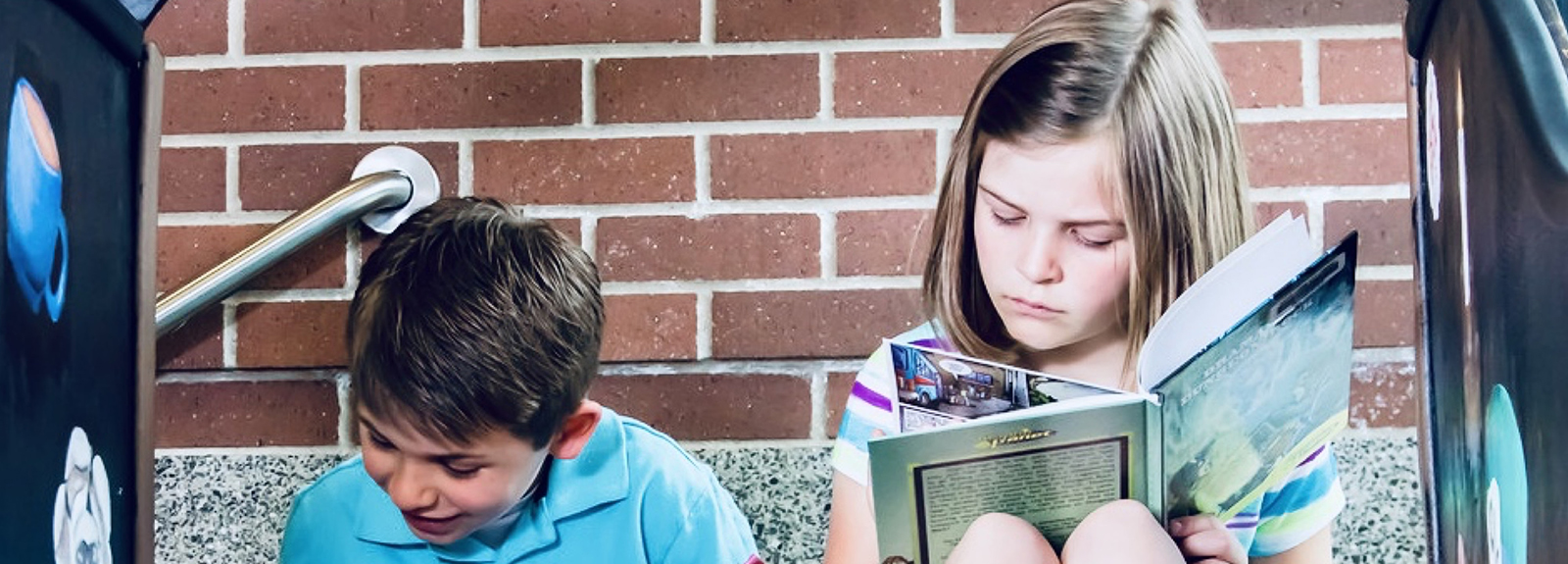
“My sense is that people have been stressed because they think they should be doing an awful lot more of something,” says Professor Gallagher. “Don’t feel you have to put pressure on, keeping children up to speed with everything for going back to school. Keep a routine, keep them engaged and when they get back to school, teachers will make up whatever differences have been lost because of the gap.”
The same balance applies to work. “Be realistic about work; assess whether something is actually important or not. Some things will be priority, others you can let slip and that’s okay. Because when you are at home, you can’t just stick the kids in front of the television or tell them to go and play. You have to spend some time with the kids, too.”
Keeping kids connected
With the world embracing online communication in the form of Teams, Skype, Zoom and Facetime, children, as digital natives, are perfectly placed to join in – and even lead - these activities.
“Kids generally live in a more connected world than any of us, thanks to social media. Make use of these platforms as a way of connecting with people; you can organise quizzes or other sorts of competitions, share board games via technology,” says Professor Gallagher.
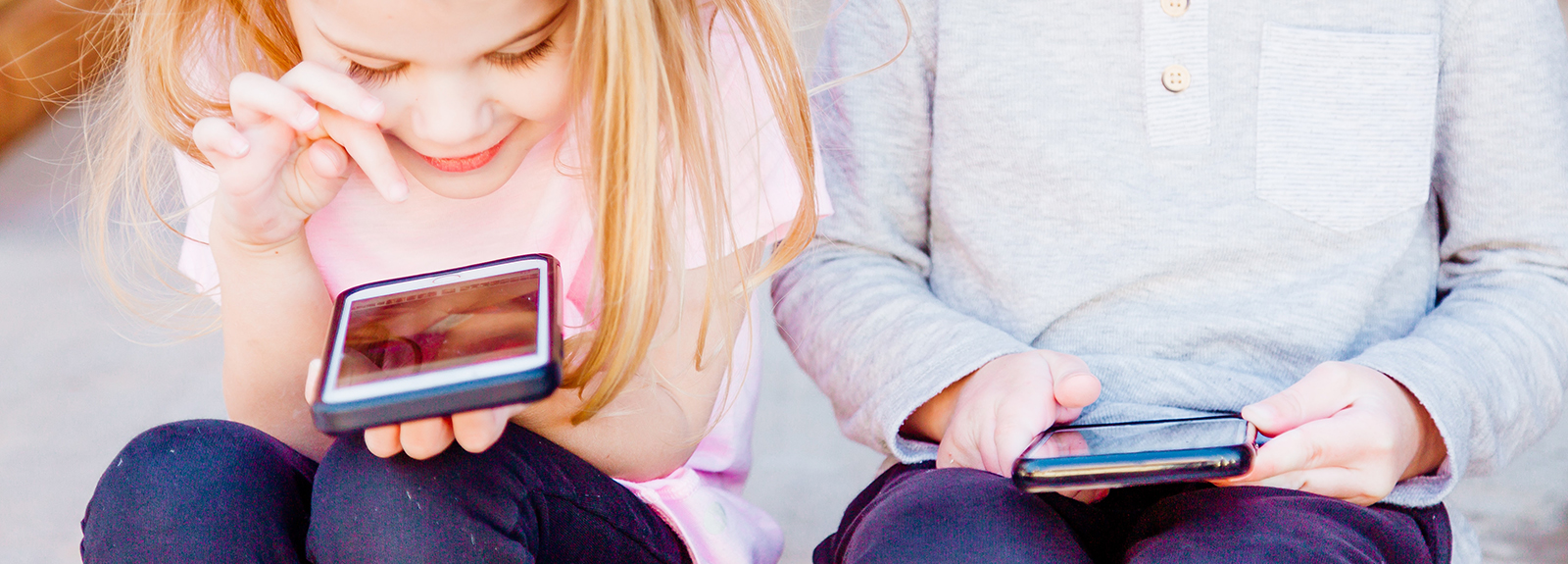
“Build in a bit of time with granny and grandpa if they are available.”
You can also use digital tools to connect with your local neighbourhood. “Families can figure out ways they can help some of their neighbours or friends who they can’t be with right now,” adds Professor Gallagher.
Set tangible goals
With a rising sense that we are living in an interminable Ground Hog Day, routine, structure and goals can help instil a sense of pride and accomplishment. “A star chart, for example, could be part of the process to help motivate your child,” says Professor Gallagher.
“It is useful to have some tangible goals, that relate to school-related activities, but it is also important that this isn’t done in order to maintain some sort of a commitment to success. Don’t get carried away with it and think you have to maintain this idea you are constantly driving forward. If it starts to come too oppressive, where you are trying to push them too hard, then you need to back off a little bit.”
Change the environment
The current lockdown restrictions permit going outside for one form of exercise per day, and it’s important to make use of this time, advises Professor Gallagher. “Getting a bit of fresh air is important and children should be encouraged to do that, keeping in mind the social distancing rules. Getting exercise, a bit of fresh air and sunshine are a good idea to break up the day. That can become part of the routine. Talk to your kids about what you are going to do; develop different walks and let them decide which walk you are going to do.”
He adds, “Don’t think of this period as wasted time, it’s all about keeping our spirits up while we are dealing with the situation. Keep in your own head that it is going to be difficult, but it is going to end, and things are going to get better and when it does, we will all have one hell of a party.”
